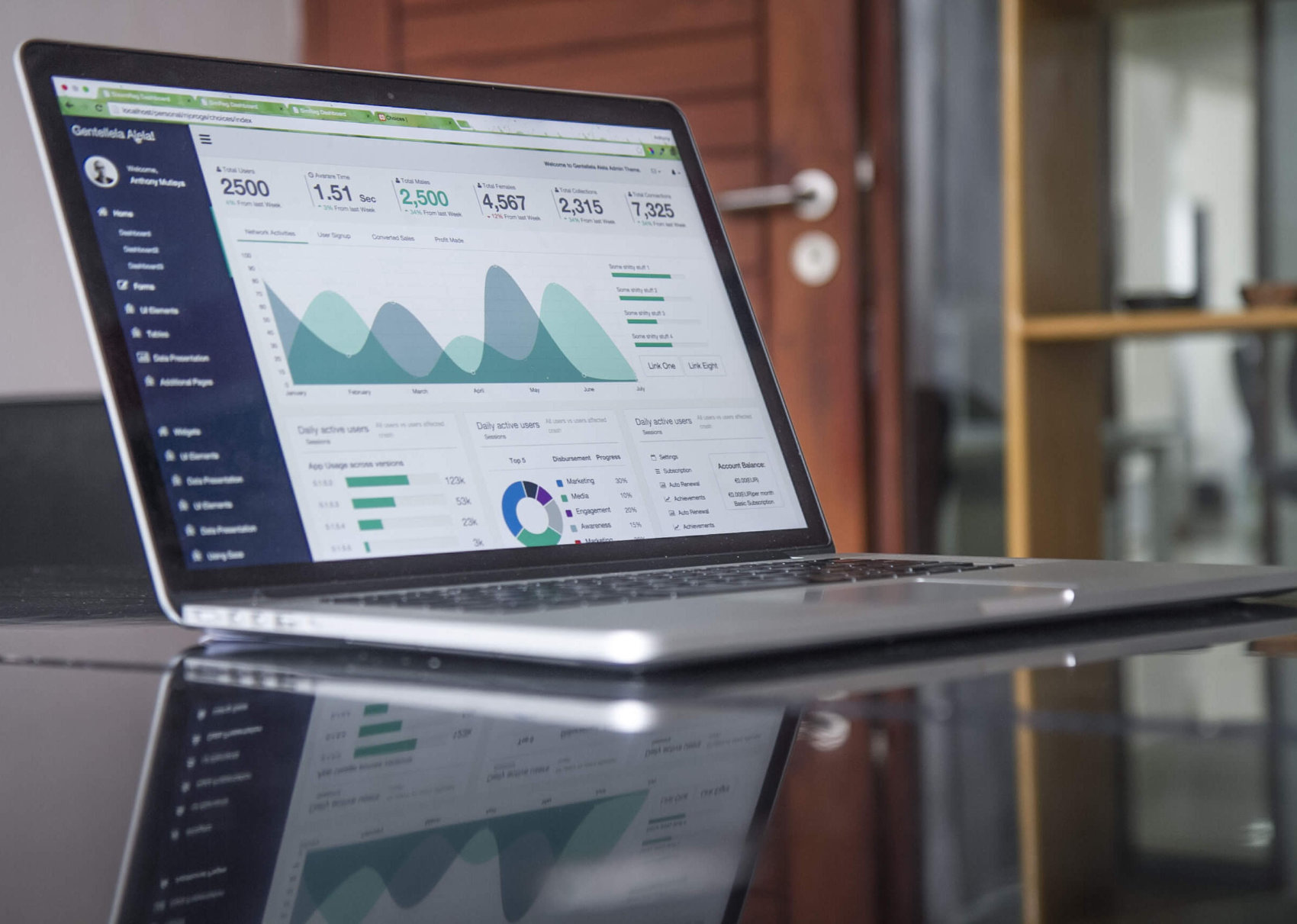Small business leaders have always had to do many different jobs. You’ve got to be your own accountant, HR specialist, industry expert and more. It’s always been tough to manage a start-up, but in this modern era of rapid technological advancements, evolving consumer behaviours, and ever-changing market landscapes, the landscape of small businesses has undergone a profound transformation.
Today, small businesses must navigate a complex web of challenges and opportunities to thrive in a highly competitive environment. Success demands more than just a great idea; it requires a strategic and multifaceted approach that encompasses various key elements.
As studies show that 20% of small businesses fail in their first year, and with the economy struggling, it’s clear that now more than ever, small business leaders need to focus on getting the core elements ready when starting a new enterprise.
Whether you’re a budding entrepreneur embarking on a new venture or an established business owner looking to adapt to the demands of the times, understanding and implementing these key elements will be paramount to your success.
Keep reading and we’ll share some of the essentials every business leader needs to focus on, and why they’re so crucial to modern SMEs.
A Business Plan
Every company needs to start with a well-defined business plan that outlines your goals, target market, competition, financial projections, and strategies for growth. This vital document serves as a roadmap that guides your actions, helps secure financing, and provides a framework for evaluating your progress. A well-structured business plan not only helps you clarify your business strategy but also serves as a valuable tool for attracting investors, lenders, and partners. It’s important to keep your business plan up-to-date and revise it as your business evolves and market conditions change. This plan isn’t set in stone, and you should regularly review and adapt your plan as needed to ensure that it remains relevant as your business grows and flourishes.
Legal Compliance
It might sound obvious, but there are a lot of laws, rules and regulations you need to abide by as a business. These include taking out the right permits and licenses, paying taxes, and undertaking any industry-specific requirements, such as following food safety laws for businesses that sell food. Overlooking any laws could result in serious issues for your organisation, including a fine, loss of consumer confidence and a permanent mark on its record. As such, you need to work hard to ensure that you are always up to date on the laws you need to abide by and that you know how to adjust your business to ensure compliance.
Business Insurance
Every small business needs some form of insurance, but the type you require depends on the type of company you’re running. You need to make sure that you find coverage that meets your needs and is compliant with relevant laws. Once you take out a new policy, you need to make sure that you review and update your insurance coverage regularly. Ensure that you have adequate coverage for potential risks, including property damage, liability, and business interruption insurance. That will mean that if an issue occurs, you’re financially covered for the issue.
The Right Packaging
For businesses that sell physical products, the right packaging is crucial. It can make a major difference to the way customers perceive your products, and offer a unique opportunity to expand your brand recognition. Using services like Online Printers, you can create unique paper bags and other packaging solutions that will safely carry your products while also sharing your brand’s message with both the consumer and those passing by. Packaging solutions like these can add value to your products, as they make them easier to transport, so they’re worth investing in from the beginning.
An Emergency Preparedness Plan
Emergency preparedness is a critical aspect of modern small business management. While no one likes to think about worst-case scenarios, being well-prepared can make the difference between a minor setback and a catastrophic failure in the face of unexpected challenges. As such, you need to develop a robust business continuity plan that outlines how your business will continue operating during and after an emergency. Once you’ve initially created a plan, you need to remember that emergency preparedness is not a one-time task but an ongoing process. Small businesses that invest in effective emergency preparedness plans are better positioned to not only survive crises but also demonstrate resilience and adaptability, ultimately emerging stronger from challenging situations.
An Online Presence
In an increasingly digital world, it’s vital to establish a strong and effective online presence to reach a wider audience, engage with customers, and remain competitive. As obvious as it might seem, as many as 36% of small businesses don’t have a website, which is the first cornerstone of your online presence. It should be professionally designed, user-friendly, and mobile-responsive. Include essential information about your business, products or services, contact details, and a clear call to action. You also need to create social media profiles, and stay up to date with regular posts. Keep your website and online profiles up to date with the latest information about your business, products, services, and promotions. An outdated online presence can deter potential customers, so focus on staying relevant and offering regular insights.
Ingenuity From Leadership
Being flexible and thinking outside the box are both incredibly underrated skills in leaders. General tips like these can help you to get an idea of what your small business needs, but it’s important to remember that the specific requirements of your start-up may vary depending on your industry, location, and target market. Regularly assessing and adapting to changing circumstances is essential for long-term success in today’s dynamic business landscape. Follow small business blogs and influencers to get regular updates and find new ways to adapt your organisation. As well as industry leaders, you should also conduct your own research by continuously monitoring market trends, customer preferences, and your competition. Stay agile and be ready to pivot your strategies when necessary. It might take time, but it’ll eventually all come together, and you’ll be able to enjoy the success that you deserve.








